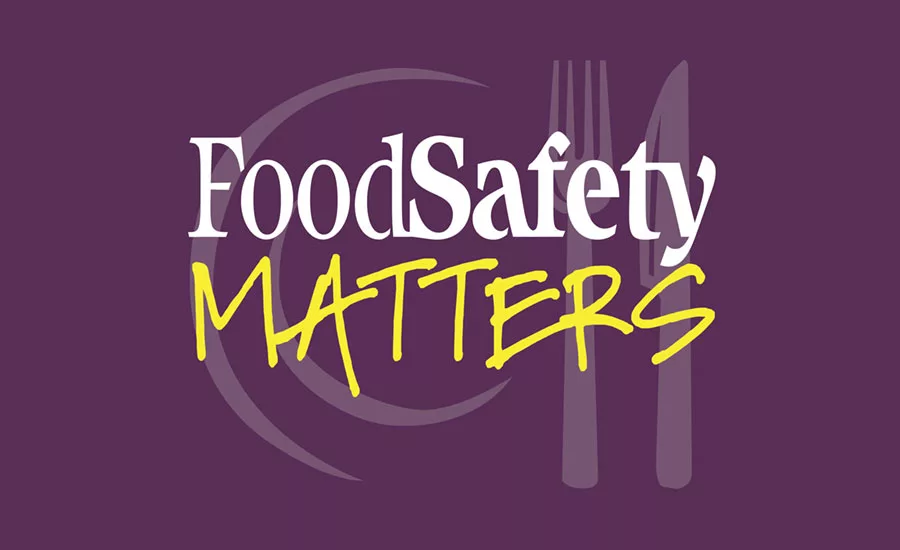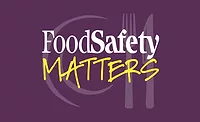Ep. 149. Dr. Steven Lyon: Food Safety Innovation, Stewardship, and Culture at Chick-Fil-A

Steven A. Lyon, Ph.D., is the Director of Food Safety–Field Operations at Chick-Fil-A Inc. He has been with Chick-fil-A since 2009, leading various food safety and animal welfare initiatives. His current role is centered on control of foodborne and respiratory diseases within the enterprise. He has held several roles encompassing supply chain food safety; product safety; restaurant procedure; kitchen design reviews, solutions, and innovations; animal welfare; and regulatory compliance. Prior to Chick-fil-A, he was with the U.S. Department of Agriculture (USDA) for seven years, where he worked on several projects involving antimicrobial resistance (AMR) and surveillance programs aimed at protecting public health from emerging foodborne pathogens. His work has been published in peer-reviewed scientific journals and magazines associated with poultry production. Dr. Lyon holds a B.S. degree in Poultry Science, an M.S. degree in Microbiology, and a Ph.D. in Food Microbiology, all from the University of Georgia's College of Agricultural and Environmental Sciences.
In this episode of Food Safety Matters, we speak with Dr. Lyon [22:18] about:
- His scope of work in food safety for field operations at Chick-Fil-A, and how various teams across the organization work together to ensure the company’s overall food safety
- Achievements in food safety during his 14 years at Chick-Fil-A, spanning supplier requirements, the produce program, digital solutions, and other areas
- The work of Chick-Fil-A’s innovation centers, especially regarding machine learning and artificial intelligence (AI), and the company’s five-step innovation process
- Chick-Fil-A’s efforts to leverage AI and digital systems for improved risk modeling, hygiene monitoring, health self-assessments, and restrictive scheduling
- Trends in AMR mitigation and awareness he has witnessed since his time at USDA, and how Chick-Fil-A strives to be a steward of responsible agricultural antibiotic use in its own supply chain
- How labor challenges, the effects of climate change, and regulatory changes are affecting food safety within foodservice
- The importance of food safety culture, and how to prioritize its value for corporate leaders.
News and Resources:
Cronobacter to be Added to the List of Nationally Notifiable Diseases [3:17]
Latest Update on FDA Human Foods Reorganization Reveals Major Changes to ORA [4:49]
USDA-FSIS Updates Guidance for Controlling Listeria in Delis [11:26]
Pseudomonas Biofilms Pose Food Safety Threat by Aiding Listeria Survival in Processing Environments [12:35]
FDA Releases FSMA 204 FAQs, Tools, Resources [15:57]
Pesticide Residues Top EU Food Safety Alerts for 2022, a Record Year for Notifications [17:41]
We Want to Hear from You!
Please send us your questions and suggestions to podcast@food-safety.com
Looking for quick answers on food safety topics?
Try Ask FSM, our new smart AI search tool.
Ask FSM →







